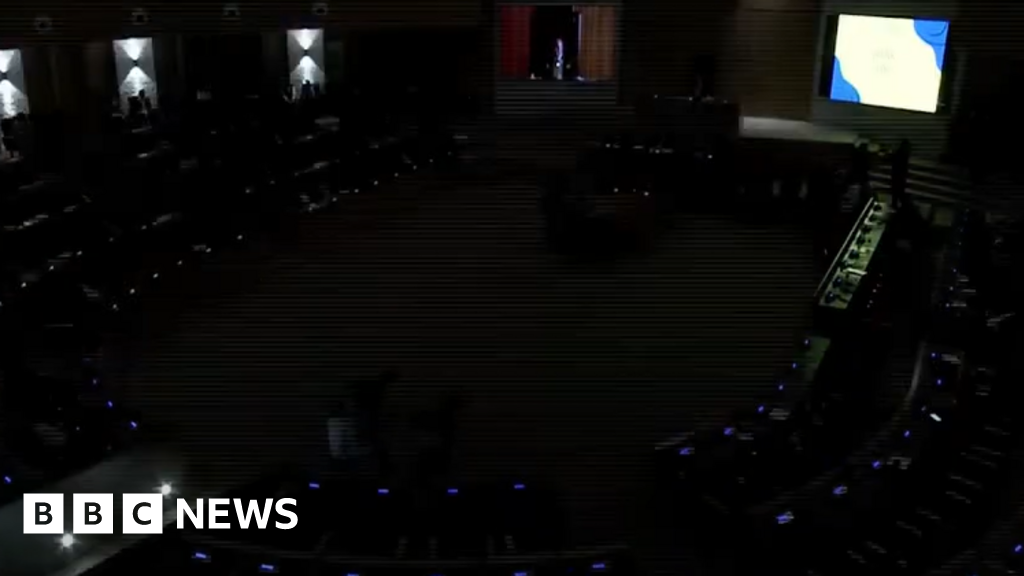Washington:
The US Senate on Monday voted overwhelmingly to advance an $895 billion bill setting policy for the Pentagon toward passage as soon as Tuesday, which would send it to the White House for President Joe Biden to sign into law.
The tally was 83 to 12 in favor of advancing the National Defense Authorization Act, or NDAA, to a vote on final passage, comfortably over the 60 needed in the 100-member Senate. The bill advanced despite the inclusion of a controversial provision aimed at banning some gender-affirming care for transgender children of service members.
This year's NDAA authorizes a record $895 billion in annual military spending, covering provisions on purchases of military equipment and boosting competitiveness with archrivals including China and Russia.
The 1,800-page bill also focuses on improving the quality of life for the U.S. military.
It authorizes a 14.5% pay increase for the lowest-ranking troops, and 4.5% for the rest of the force, higher than usual. It also authorizes the construction of military housing, schools and childcare centers.
The bill bans the military health program, TRICARE, from covering gender-affirming care for the transgender children of service members if it could risk sterilization.
Including the provision in the bill setting policy for the Department of Defense underscored how transgender issues have become a focus in U.S. politics.
President-elect Donald Trump and many other Republicans blasted Democrats for supporting transgender rights during the 2024 election campaign, which ended with Republicans keeping control of the House and taking control of the Senate and White House starting next month.
The fiscal 2025 NDAA is a compromise between Democrats and Republicans in the House and Senate, reached during weeks of negotiations behind closed doors.
It did not include some other Republican proposals on social issues, including an effort to prohibit TRICARE from covering gender-affirming care for transgender adults and a measure that would have reversed the Pentagon's policy of funding travel for abortion for troops stationed in states where the procedure is banned.
The massive bill is one of the few major pieces of legislation Congress passes every year and lawmakers take pride in having passed it annually for more than six decades.
The NDAA authorizes Pentagon programs, but does not fund them. Congress must separately pass funding in a spending bill for the fiscal year ending in September 2025. That bill is unlikely to be enacted before March.
(Except for the headline, this story has not been edited by NDTV staff and is published from a syndicated feed.)

 1 week ago
2
1 week ago
2










 English (US) ·
English (US) ·